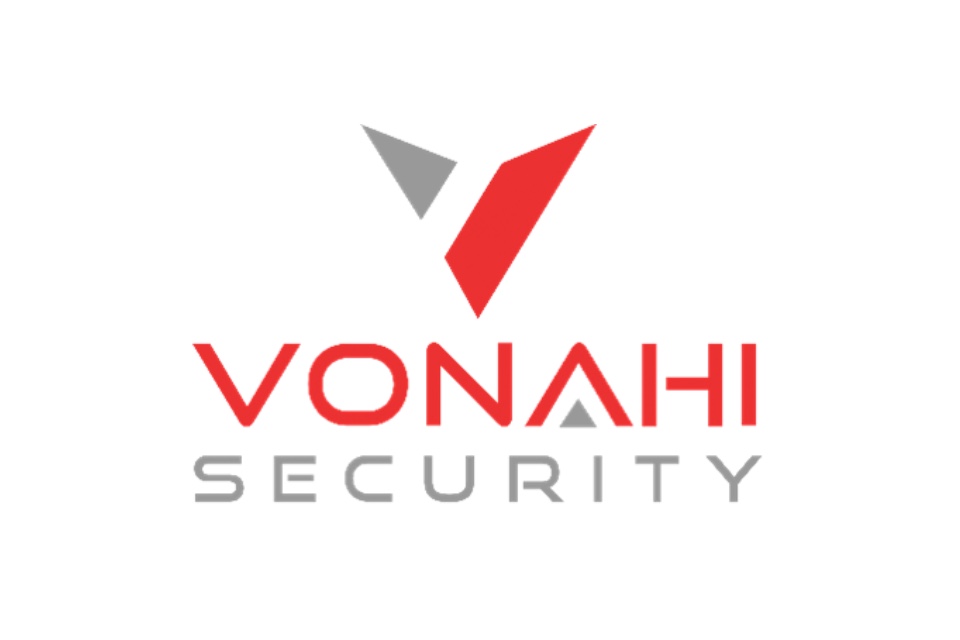The security of a brand’s website is paramount. For IT managers, selecting a hosting environment is a crucial decision that significantly impacts security, performance, and reliability. So what are the essential factors? Here are seven to get you started…
1. Security Features
The foremost consideration is the security features offered by the hosting provider. This includes firewalls, intrusion detection and prevention systems (IDPS), regular malware scanning, and DDoS (Distributed Denial of Service) protection. It’s essential that the provider implements robust measures to safeguard against common threats such as SQL injection, cross-site scripting (XSS), and other types of cyberattacks. Additionally, options for SSL (Secure Sockets Layer) certificates are crucial for encrypting data transmitted between the server and the users.
2. Compliance and Data Protection
Compliance with legal and regulatory standards, particularly the General Data Protection Regulation (GDPR), is a critical factor. The hosting provider must ensure that their operations comply with these regulations, especially in handling and storing user data. This includes having clear data protection policies and potentially offering data hosting within specific geographical locations to meet regulatory requirements.
3. Server Location
The physical location of the servers can significantly impact website performance and latency. Server locations closer to the website’s primary user base can improve loading times, enhancing user experience. Furthermore, IT managers must consider the legal and political stability of the server location, as it can affect data security and accessibility.
4. Scalability and Performance
The ability of the hosting environment to scale according to the website’s traffic and resource demands is vital. IT managers should assess the hosting provider’s capacity to handle traffic spikes and scalability options to accommodate business growth. Performance metrics such as uptime guarantees are also critical, as downtime can severely impact the brand’s reputation and revenue.
5. Backup and Disaster Recovery
Effective backup and disaster recovery solutions are crucial in maintaining data integrity. IT managers must ensure that the hosting provider offers regular backups, easy data retrieval, and a comprehensive disaster recovery plan. This is essential for mitigating data loss risks due to hardware failures, cyberattacks, or other unforeseen events.
6. Technical Support and Service Level Agreements (SLAs)
Reliable technical support is a key aspect of a secure hosting environment. IT managers should seek providers who offer 24/7 support with a proven track record of responsiveness and technical expertise. Additionally, clear SLAs outlining service expectations, responsibilities, and response times can provide assurance of the hosting provider’s commitment to quality service.
7. Reviews and Reputation
Lastly, the reputation and reviews of the hosting provider should be considered. IT managers can gain valuable insights from other customers’ experiences, particularly regarding the provider’s reliability, customer service, and security incident handling.
When selecting a hosting environment for a brand’s website, IT managers must undertake a thorough assessment of security features, compliance, server location, scalability, performance, backup, support, and provider reputation. By carefully considering these factors, they can ensure a secure and reliable online presence for the brand, safeguarding both the company and its customers against the ever-present threats in the digital landscape.
Photo by Desola Lanre-Ologun on Unsplash





